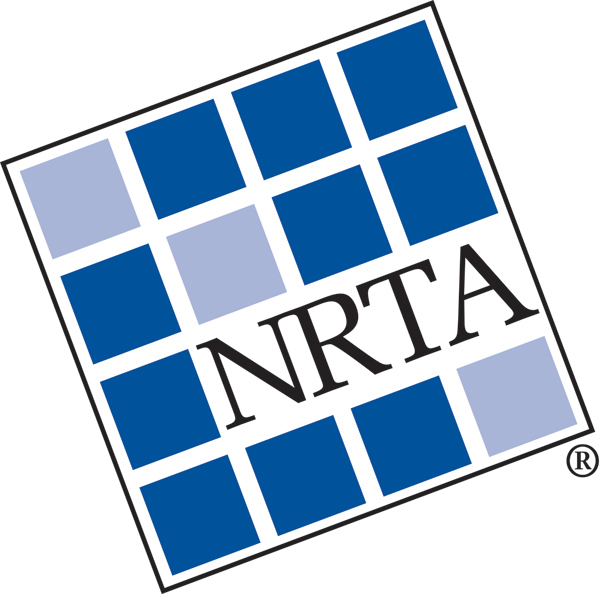The approach makes sense when many employees are in the workplace for only part of the week
The following WSJ article appeared in the October 26, 2022, print edition as ‘Timeshare Model Comes to Office Space’.
– By Konrad Putzier

Hybrid work schedules for most companies mean splitting time between remote work and time in the office. For the startup Frontier Talent Inc., it also means rotating through the same office space with another company.
Frontier employees head to their San Francisco office on Mondays, Wednesdays and Thursdays. After two of those days, they pack their laptops, clean up their desks and throw away any trash so their work area will be clean when another company moves in for its turn using the space.
Thousands of companies across the U.S. are still grappling with exactly how much office space they need when many employees are in the workplace only part of the week. A growing number of companies now let their employees work part time from home but still want them to be together in the office at least a few days a week to foster collaboration. That means offices are either mostly full or mostly empty, depending on the day of the week.
Enter Codi. The flex-office-space company manages about 50 furnished, private offices and coordinates office sharing so that the same set of desks, huddle rooms, whiteboards and snacks can be used by two to three different companies that occupy that same space on different days of the week.
These arrangements, which are something like a timeshare rental for offices, mean companies pay only for those days when their offices are likely occupied. About 35% of Codi’s customers lease an office for fewer than five days a week, said Chief Executive Christelle Rohaut.
The office timeshare concept doesn’t work for everyone. It is geared toward smaller companies and startups that do most of their work on laptops and don’t store sensitive information in bulky servers or filing cabinets.
